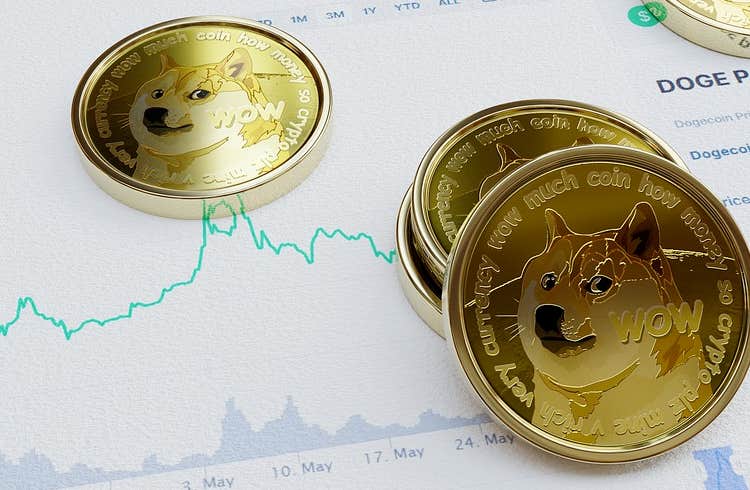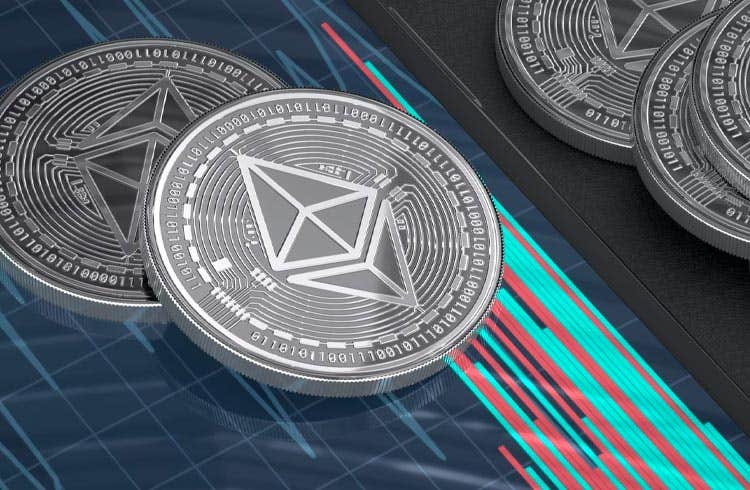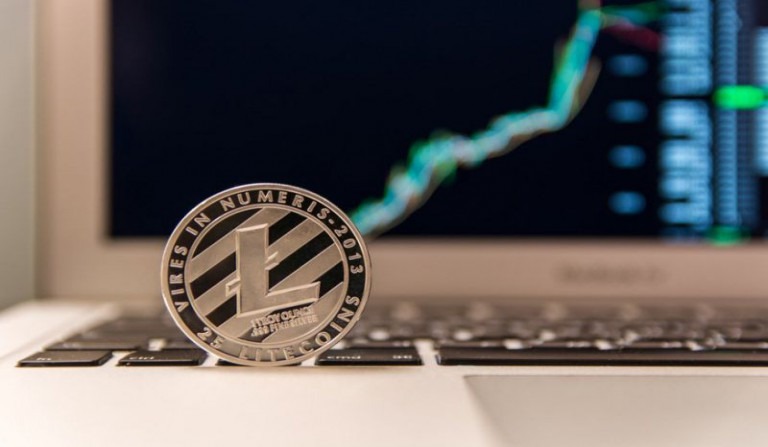How nice would it be to be able to predict the behavior of the price? We all think so, but a majority of investors who start trading soon give up. This is not least the case because the competition in the financial markets is extremely high. Pros and novices worldwide try to make a living in the markets.
That’s why traders and investors worldwide rack their brains over the perfect system to make profit in the market. This also includes technical analysis. This should lead to higher returns in the long term. Because of this, traders and investors use different data points to make better decisions in the market.
Technical analysis is a multifaceted field that requires a deep understanding of market dynamics, statistical means and techniques, but also its own limitations and the limitations of the method. Therefore, in this article, we analyze the most popular form of analysis for general investors and crypto traders.
What exactly is technical analysis?
Technical analysis is a method of evaluating potential investments and trades. Analysis evaluates assets (such as cryptocurrencies) through statistics derived from market activity. The price graphs are always the focus of the technical analysis.
But technical analysis makes use of other data points as well. This includes trading volume and indicators (such as trends, average prices or moving averages, oscillators and much more). These points are derived from price data and can provide additional insight into price behavior.
Technical analysis can therefore provide information about market opportunities. Historical price data can be used to make trends and patterns visible that can be used for possible predictions.
In this way one can set up a sophisticated trading plan. This determines which conditions must be met in order to enter into a trade (this is also called a trading signal). The process can even be automated by bots and algorithms.
Data from technical analysis can form the basis for risk management. With their help, traders can set stop loss and take profit prices. Technical analysis can be applied to any market and over any timeframe. Whether crypto, stocks or commodities.
The time span is also irrelevant and high-frequency traders make use of it just as much as large investors and institutions. There are a few important points that you should keep in mind as a beginner.
Technical analysis: tips for beginners
- The fact that technical analysis can be applied over many time periods is very difficult, especially for newcomers. They often mix up the different times. Choose a preferred time span and learn to master it!
- The main part of the technical analysis are so-called price trends. A bull or bear market is also a (macro) trend. Learn what makes a trend and learn to identify the different trends.
- Risk Management: It’s easy to make money during a bull market. The difficult thing is to keep it when prices tumble. Never enter into a trade without realizing the risk.
- Practice Makes Perfect: Investing and trading can be very difficult. Beginners in particular often have a very utopian image of these specialist areas. So don’t be discouraged if it doesn’t work out and keep at it!
Education is essential to be successful in the market
The assumptions made by technical analysis of investment opportunities are not always correct. Generating signals that lead to losing trades is an integral part of technical trading. You play with probabilities and it is even more important to protect yourself.
That is why risk management and education play a huge role in the world of cryptocurrencies and trading. Technical analysis is more art than science. Different traders may interpret data differently. So in order to develop your own strategy, you should be aware of the basics of blockchain and trading.
For this reason there are portals like the Binance Academy. All the necessary information for crypto beginners is covered there, so that they can prepare for the different market phases and are also informed about all the basics of blockchain technology.
For example, you will find answers to the most important questions about technical and fundamental analysis, Bitcoin, blockchains, NFTs, metaverse, gaming and much more.
- CryptoQuant Analyst: Bitcoin Nowhere Near Its Peak – Buckle Up, Hodlers! - December 21, 2024
- Chainalysis: $2.2 Billion Lost to Crypto Hacks in 2024 - December 21, 2024
- Bank of Japan leaves interest rate unchanged: Impact on the macroeconomy and the crypto market - December 20, 2024


![Best Platforms for Copy Trading in [current_date format=Y] 5 Best Platforms for Copy Trading](https://cryptheory.org/wp-content/uploads/2024/12/copy-trading-350x250.jpg)
![Top 10 Cryptocurrency Platforms for Grid Trading in [current_date format=Y] 6 Top 10 Cryptocurrency Platforms for Grid Trading](https://cryptheory.org/wp-content/uploads/2024/12/grid-trading-350x250.jpg)
![BingX Exchange: A Detailed Guide to Using, Trading, and Maximizing Features in [current_date format=Y] 7 BingX Exchange: A Detailed Guide to Using, Trading, and Maximizing Features](https://cryptheory.org/wp-content/uploads/2024/11/4-5-350x250.jpg)



















